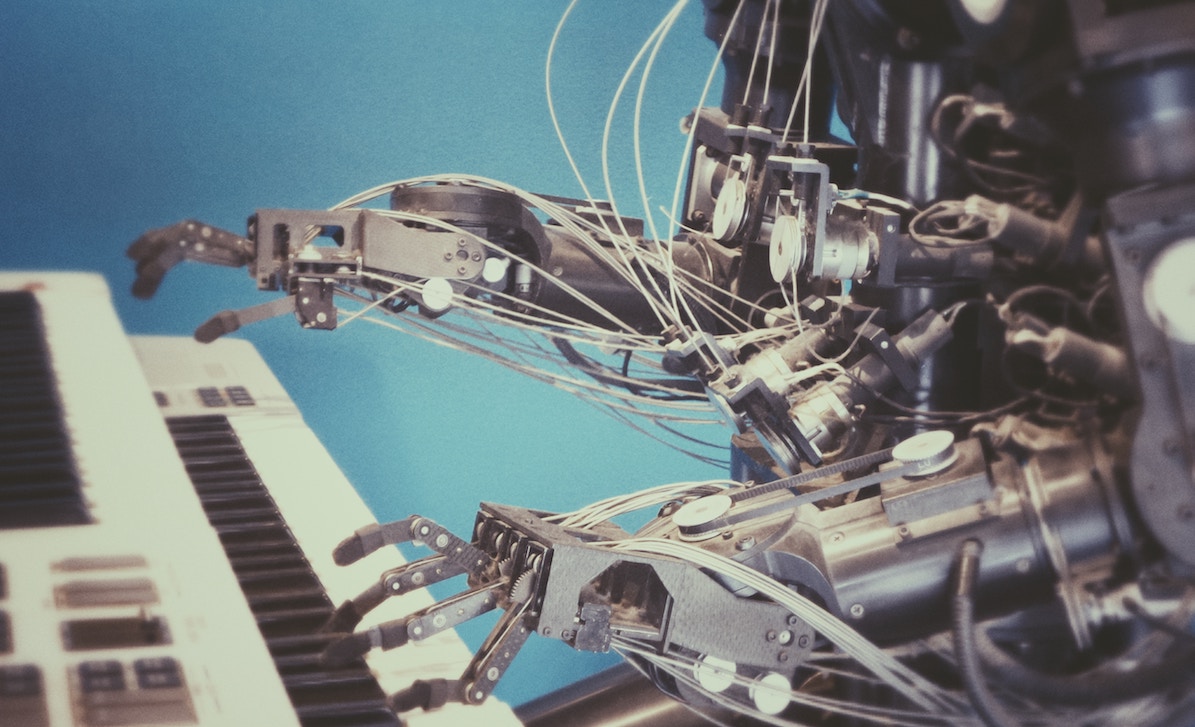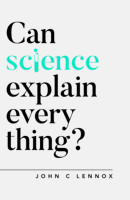
Every single day we put our lives quite literally in the hands of science and the technology it has produced.
We accelerate away from green, confident that the other light is Red, even though we cannot see it. We board planes and trains that whisk us at deadly high speed, controlled by unthinking, blinking circuitry. We pop pills, shovel sausages, drain drinks in confidence that we will not be poisoned by the chemicals they contain.
People have a lot of faith in Science. It’s just that they don’t like calling it that.
Science is surprisingly difficult to nail down. It is a body of knowledge that we have come to accept as true. It is the method of observing and theorising, of experimenting and testing, of confirming or denying. It is a body of people who scrutinise each other’s work and logic, and who try to repeat their experimental claims to check whether they are right or wrong.
Whichever of these things spring to mind when you think “science”, the truth is that you trust it because if just works. And because it has made such leaps and bounds forward in the last few years, it is common to think that science will one day explain everything, and that only the things that science can prove can be trusted.

Evangelistic book looking at whether science and religion are opposed.
It takes only a moment’s thought, however, to realise that there are many things that science is unable to address. Here are a few:
Science can’t make aesthetic judgments. Acoustic scientists can reveal the frequency of an F-sharp note; Physiologists and neuroscientists can describe how the notes excite the mechanisms in the ear and reach our brains, but none of them will be able to tell us what makes Mozart, Mantovani or Minaj beautiful compared with random noises.
Science can’t make moral judgements. What rights should humans have? Is Euthanasia ever the right thing to do? Should we eat meat or not? Science can inform us about about medicine and the state of happiness resulting from different policies in society, but none of these things leads to an inevitable conclusion as far as moral choices are concerned.
Science can’t draw conclusions about supernatural explanations. By very definition, science works within a closed world of cause and effect. It can look for and measure forces and effects, but it can only hypothesise about material causes, not supernatural ones.
Science cannot tell us how to use scientific knowledge. We can learn how to use CRISPR to recombine DNA in new and exciting ways, but it does not specify how we use this knowledge—do we use it to cure cancer or manufacture monsters?
The limits of science are nowhere clearer than when you ask fundamental questions that most children will pose at some stage. As Nobel Prize winner Sir Peter Medawar points out:
I have in mind such questions as: “How did everything begin?” “What are we all here for?” “What is the point of living?” (Sir Peter Medawar, Advice to a Young Scientist (Harper and Row, 1979), p 31.)
There are other areas of scientific research that require careful thought. Science is not done in the abstract; it is done by fallible human beings, who use their minds. It is done by communities of scientists from within a variety of cultures. It is done by people who have ambitions to succeed, to make their mark, to achieve fame, and to make money. All these truths should make us wary.
Claims of medical breakthroughs are exaggerated—so that the next round of funding may be found. The data is manipulated to “prove” the efficacy of a particular drug—because the pharmaceutical company, and its sales reps have targets to meet. A young team-member who notices bad practice or faulty ideas may not speak up against the lead scientists who are their immediate bosses—because they have their careers to think about. All these and many more potential biases are at work in the practice of science.
Of course, the general system of peer review and independent evaluation will eventually weed out the fakes and the false, but we are naive to assume that these pressures do not exist. The history of science is filled with examples of the way the science “establishment” and the prevailing viewpoint can suppress the voices within who have a different and ultimately better idea of how things work.
Not only do we put our faith in science, it is true that science involves faith: working on the basis that something is true for which we have no direct proof, only a set of evidences that suggest this may be the best of a range of possible explanations that we currently have available.
There are some branches of Christian apologetics that use this truth as a stick to beat all science with. This, I think, is just as disingenuous as those who insist that belief in God is based on having no evidence or reason—just “blind faith”. To disrespect the honest conclusions of scientists in this way is to dishonour them, and to fatally undermine the Christian message we bear: that a man who died rose again on the third day.
Only when we understand what science is, and is not, can we properly enter a constructive dialogue with those who think science can explain everything.
In his new book, Can Science Explain Everything?, Oxford Maths Professor and Christian believer John Lennox offers a fresh way of thinking about science and Christianity that dispels the common misconceptions about both. He reveals that not only are they not opposed, but they can and must mix to give us a fuller understanding of the universe and the meaning of our existence. Buy the book here.